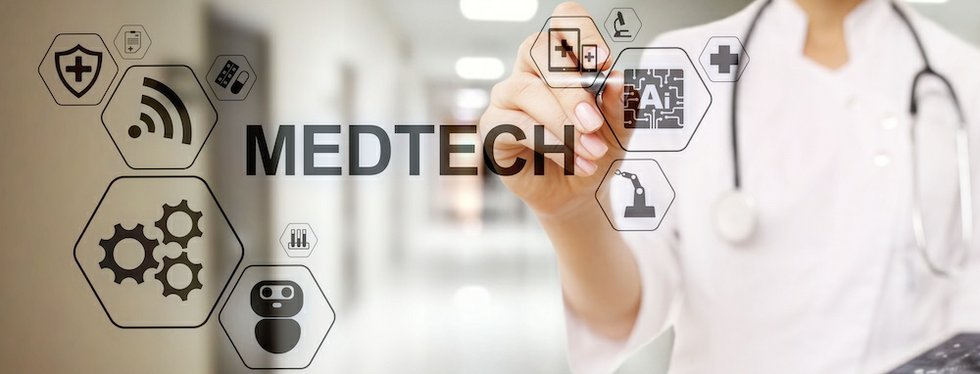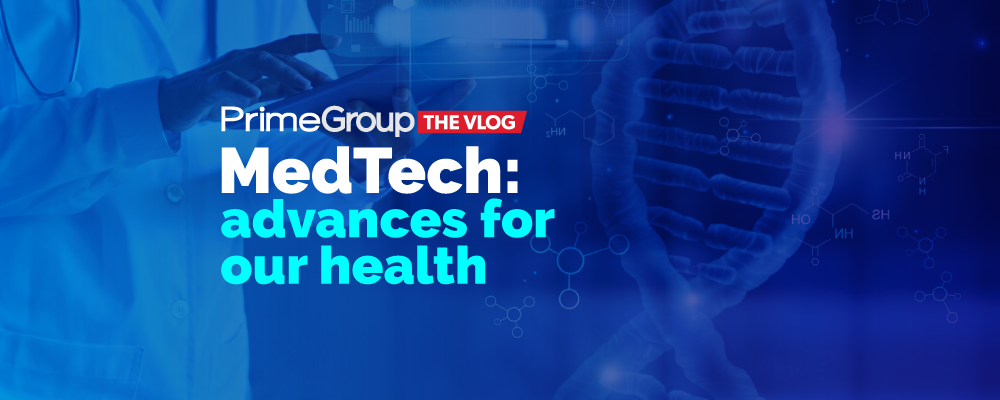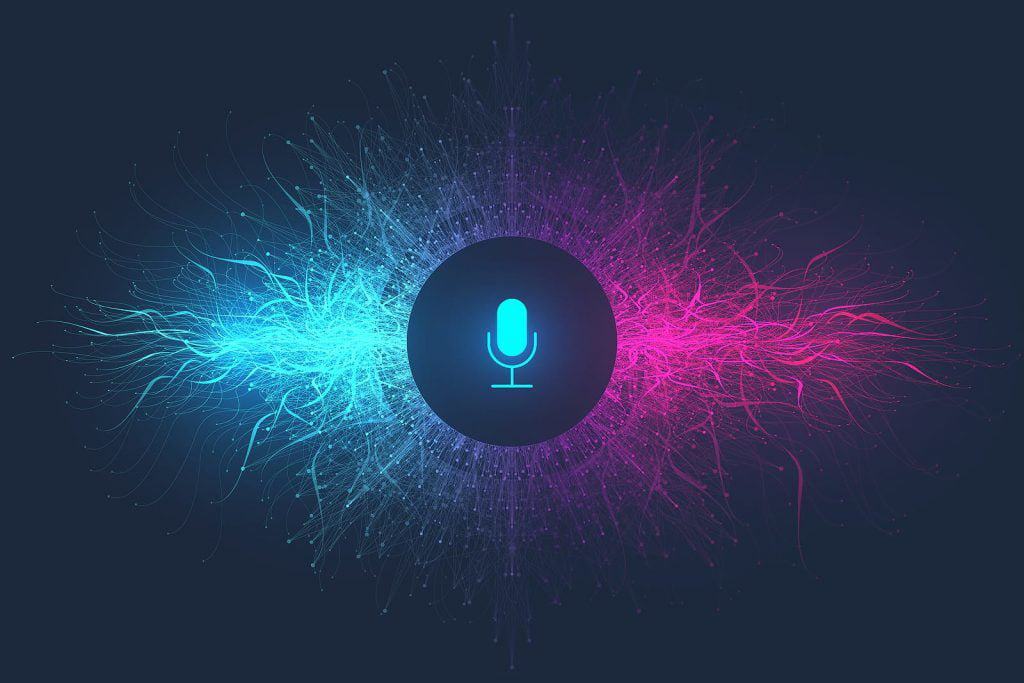After the pandemic years, information and communication technologies are revolutionizing healthcare. Now with artificial intelligence, ChatGPT can even provide better answers than many doctors. Let’s see some trends and examples of applications aimed at improving our health. Get ready to learn and be fascinated!
What is MedTech?
Before going into details, let’s define what MedTech is. In short, MedTech refers to medical technology, that is, the application of technology in health care. This includes medical devices, software, diagnostics, telemedicine, and more.

MedTech’s IT applications
Let’s see precisely how information and communication technology is used.
There are many applications; here are some of the most important:
Medical diagnosis: Information and communication technology is used to develop more accurate and faster medical diagnostic tools. For example, machine learning algorithms can analyze large amounts of patient data based on previous analytics to detect patterns and diagnose diseases more effectively.
Telemedicine: Audiovisual communication and the ability to transmit health parameters such as blood pressure over the Internet have allowed telemedicine for years; that is, patients can communicate with doctors and receive medical care through videoconferences. For example, requesting a second opinion from that trusted doctor we know but who lives thousands of kilometers away today is possible.
Medical devices: Medical devices, such as heart rate monitors, are also becoming more connected through digital technology, allowing doctors and patients to monitor health in real-time.
What capacity does the MedTech market have? According to a report by Grand View Research, The global medical technology market to reach USD 2.5 trillion by 2025. Furthermore, market growth will accelerate as technology advances and the medical needs of the global population change.

The COVID-19 pandemic has fueled the adoption of technology in healthcare. For example, telemedicine has become more common as people seek medical care without going to the clinic or hospital.
In public and private health care, we see more collapsed consultations and hasty care because doctors cannot cope. And that even though prior appointments are made. Due to this daily pressure, doctors must quickly make decisions, sometimes insufficiently analyzing a patient’s laboratory analysis. Artificial intelligence comes to the rescue advancing the medical diagnosis and personalized care to alleviate that pressure and minimize errors.
Without a doubt, in the questions we ask our doctor via email, ChatGPT wins the game. According to a US test published by JAMA Internal Medicine, ChatGPT outperformed real doctors in answering patients’ questions. Not only were they more detailed and specific responses to the patient’s ailment, but they also showed more empathy.
The COVID-19 pandemic has fueled the adoption of technology in healthcare. For example, telemedicine has become more common as people seek medical care without going to the clinic or hospital.
In public and private health care, we see more collapsed consultations and hasty care because doctors cannot cope. And that even though prior appointments are made. Due to this daily pressure, doctors must quickly make decisions, sometimes insufficiently analyzing a patient’s laboratory analysis. Artificial intelligence comes to the rescue advancing the medical diagnosis and personalized care to alleviate that pressure and minimize errors.
Without a doubt, in the questions we ask our doctor via email, ChatGPT wins the game. According to a US test published by JAMA Internal Medicine, ChatGPT outperformed real doctors in answering patients’ questions. Not only were they more detailed and specific responses to the patient’s ailment, but they also showed more empathy.
On the other hand, let us see some examples where MedTec is being applied:
Early cancer detection: The company Grail is developing a blood-based cancer detection test that uses artificial intelligence to analyze patterns in a patient’s DNA. This test is expected to be more effective and less invasive than traditional cancer screening tests.
Heart rate monitoring: The AliveCor company has developed a portable electrocardiogram device that connects to a smartphone to monitor a patient’s heart rate. The data can be shared with the doctor for review and follow-up.
Diagnosis of skin diseases: The firm DermaAI has a diagnosis application for skin diseases that uses artificial intelligence to analyze images of the skin and provide an accurate and fast diagnosis.
Telemedicine Platforms: Telemedicine platforms like Teladoc and Doctor on Demand allow patients to connect with doctors and other healthcare professionals through video conferencing and text messaging. This has been especially helpful during the COVID-19 pandemic for patients who cannot or do not want to go to the clinic or hospital.
Conclusion
MedTech is one of the fastest growing sectors, particularly that related to information and communication. Diagnosis and treatment are now more accessible, rapid, and accurate.
Treatment of many diseases by being able to help the doctor in his work with patient control systems and data analysis with artificial intelligence. The only thing that needs to be addressed is that these advances do not dehumanize medicine since every patient will need, at the end of the day, a person who really watches over his or her health.


